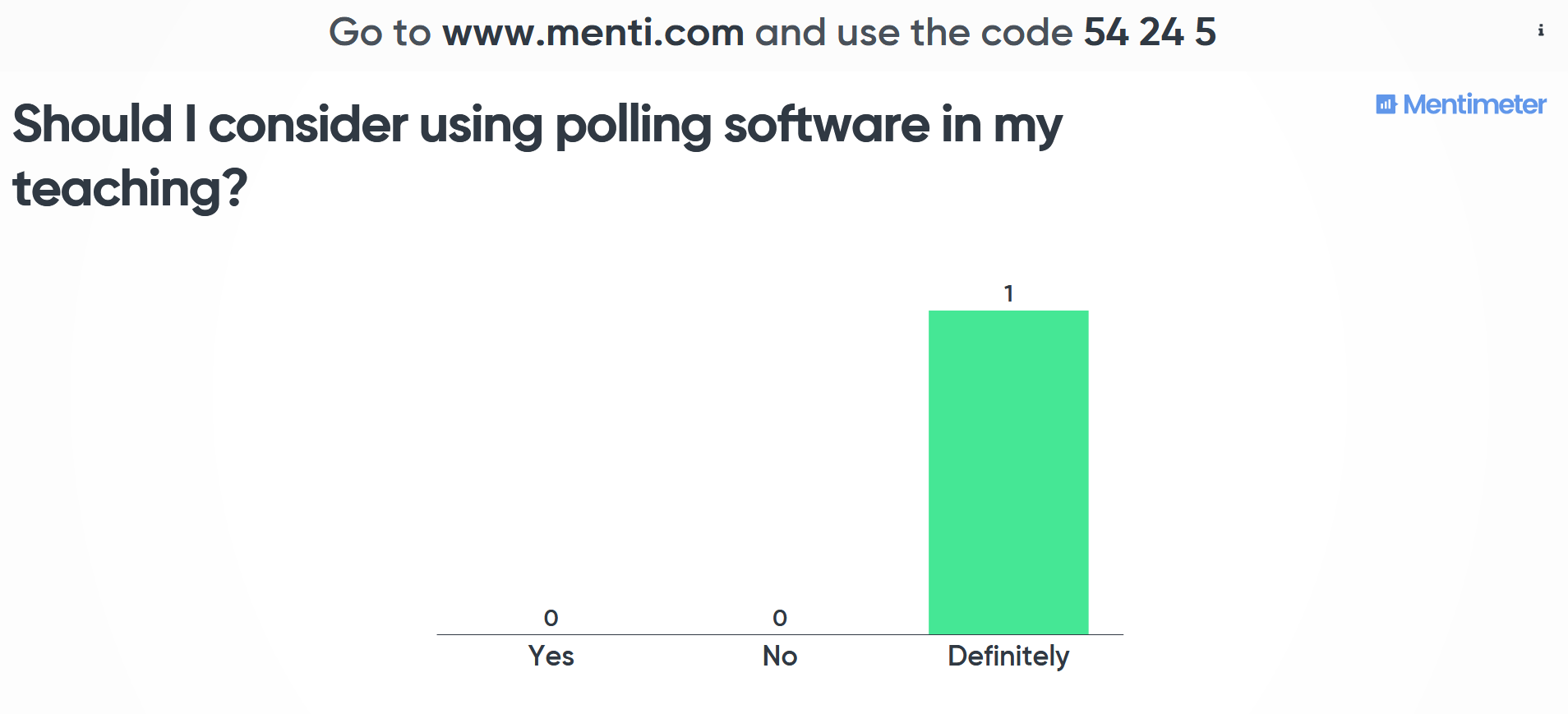On Thursday, 25th of March, the Learning and Teaching Enhancement Unit held their second mini conference of the academic year. Focussed on the theme of embedding wellbeing in the curriculum, the conference brought together internal and external speakers on three strands: recognising barriers to student well-being, building resilience in students, and encouraging students to flourish.
The conference boasted a range of speakers from across Aberystwyth University, as well as an external speaker from Coleg Cambria. Topics ranged from the ongoing work on wellbeing by the Student Support team, wellbeing in foundation year programmes, and building student resilience to reframing of mistakes as a learning opportunity, and personalising approaches to engaging with students and their work. Our two keynote speakers, Frederica Roberts and Kate Lister focussed on positive education and online communities respectively. In the spirit of the conference, the Learning and Teaching Enhancement Unit also organised two activities during the morning and afternoon breaks: desk yoga and a guided meditation with local yoga teacher Regina Hellmich, which several delegates identified as a conference highlight. The day concluded with a plenary session in which everyone was encouraged to reflect on their insights and identify concrete applications of best practice going forward.
If you missed the mini conference or could only attend parts of it, you can now access recordings of most presentations here. Simply log in with your Aberystwyth ID and password. In addition, we strongly encourage you to sign up to our next Academy Forum on the 20th of April, entitled “How can I embed wellbeing into the curriculum?” – we look forward to seeing you there.



